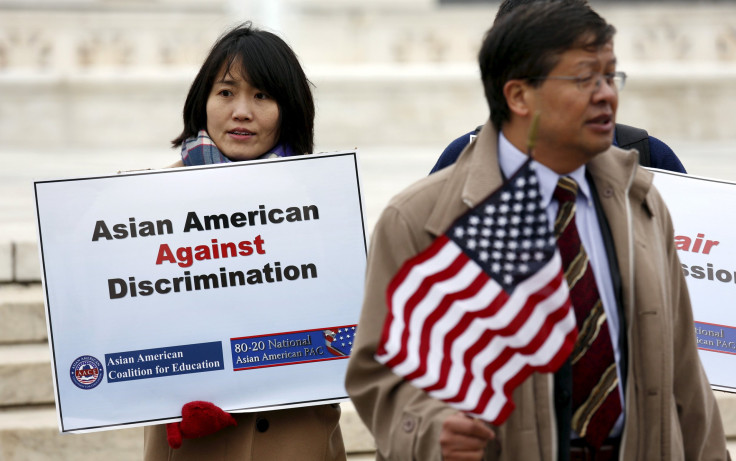Asian-Americans more competent than other minorities, believes young whites

A Baylor University study, published in Social Psychology Quarterly, has proved that young white students at elite colleges really look at Asian-Americans as more competent than Blacks and Hispanics. In order to find whether people really believed in the stereotype that Asian-Americans are “cold but competent” and more competent than other minorities, researchers took data from the National Longitudinal Survey of Freshmen. The survey consisted of 898 participants from 27 esteemed universities across the country. The results proved their belief in the stereotype.
Media have always put forth Asian-Americans as prime examples of non-white people who are upwardly mobile due to characteristics that supposedly are less evident in other racial minorities.
“Now we have some concrete evidence that some white people tend to think that,” said Jerry Park, PhD and associate professor of sociology in Baylor's College of Arts & Sciences.
According to the researchers, the study was limited to white students as many of the respondents came from privileged environments and most likely had significant influence “in many quarters of American society.” The purpose of the study was also to get some idea about the attitudes of the future “ruling class” and what they think about race. Researchers believe that these perceptions and attitudes are mighty important as they can affect people’s voting behaviour and behaviour in the workplace.
Based on three characteristics of perseverance, intelligence and competence, the respondents were asked to rate their opinions about Asian-Americans, Latino Americans and African-Americans on a scale of one to 10, 10 being “strongly agree.” Those who rated Asian-Americans as more perseverant, intelligent and hard-working than the other groups were more likely to have attitudes such as, "Blacks and Latinos need to work harder to move up."
Unexpectedly, students from elite colleges and presumably from relatively educated and well-to-do families might be expected to think more critically about society, also considering factors such as socioeconomics and education rather than only individual tendencies.
“That kind of statement is about whether responsibility for racial differences in upward mobility is a result of natural tendencies -- as opposed to structural inequities in educational opportunity, access to good health care, jobs and other areas,” said Park.






